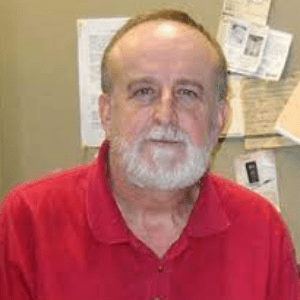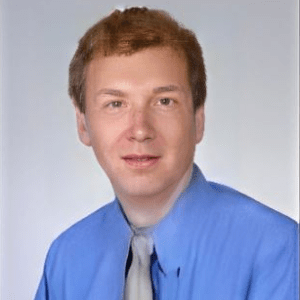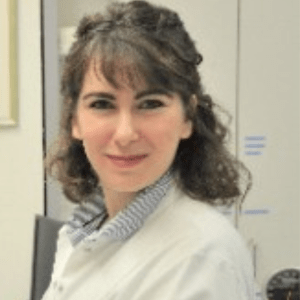Drug-induced Parkinsonism Conference
Home/ Scientific Sessions / Drug-induced Parkinsonism Conference
Drug-induced Parkinsonism
Drug-induced Parkinsonism is a sickness that causes symptoms of Parkinson’s disease, such as shaking, stiffness, slowness of movement, and difficulty with balance. It occurs due to some drugs affecting the way the brain deals with dopamine, a chemical that helps regulate movement. The disease is most often caused by medications used to treat mental illness, nausea, or dizziness—mainly antipsychotics and some anti-nausea medication. Unlike in Parkinson’s disease, drug-induced Parkinsonism is typically bilateral and may start days following the onset of the drug. They remit or improve following withdrawal of the drug but occasionally last longer. The diagnosis is established by physicians from the history, symptoms, and medications used. It is made by stopping or withdrawing the drug if possible and by sometimes employing a drug to restore for dopamine levels. Early diagnosis and consultation with a physician are important in managing the condition effectively.
Related Sessions
1.Alzheimers and Parkinsons Diseases
2.Neuroimmunology and Neurological Infections
3 – Cognitive Neuroscience and Psychology
4 – Neuroinformatics and Computational Neuroscience
5 – Neurological Disorders
6 – Neurobiology
7 – Molecular Neuroscience
8 – Pediatric Neurology
9 – Clinical Neurology
10 – Translational Neurology
11 – Neurogenetics
12 – Neurodegenerative Diseases
13 – Neuropsychiatry
14 – Neuroscience Research
15 – Neuropharmacology and Novel Drug Development
16 – Neurological Interventions and Surgery
17 – Artificial Intelligence in Neurology and Neurosurgery
18 – Neuro-ophthalmology and Auditory Neurology
19 – Aging and Neurology
20 – Brain Tumors and Neuro-Oncology
21 – Stroke Diagnosis and Management
22 – Epilepsy and Seizure Disorders
23 – Psychiatric and Behavioral Disorders
24 – Neurovascular Disorders
25 – Neurology and Systemic Disorders
26 – Neurodevelopmental Disorders
27 – Cognitive and Memory Disorders
28 – Neuroinflammation and Brain Disorders
29 – Neurological Rehabilitation
31 – Trauma and Neurocritical Care
33 – Cellular and Systems Neuroscience
35 – Advances in Neuroimaging Techniques
37 – Rare and Complex Brain Disorders
30 – Global Challenges and Public Health
32 – Neurotoxicology
34 – Behavioral Neuroscience and Social Neuroscience
36 – Addiction and Mental Health
Scientific Program
Keynote Speaker - Dr. Zhenhuan LIU (Oral Presentation - In-Person)
Nanhai Maternity and Children Hospital Affiliated to Guangzhou University of Chinese Medicine, China
Keynote Speaker - Dr. Magda Tsolaki - Oral Presentation (Virtual)
Emeritus Professor of Neurology, Aristotle Univesrsity of Thessaloniki, Makedonia, Greece, Chair of the Greek Federation of Alzheimer’s Disease
Keynote Speaker - Dr. Tatsuro Mutoh, MD, PhD, FAAN - Oral Presentation (In-Person)
Department of Neurology, Fujita Health University Hospital, Toyoake, Aichi, Japan
Scientific Program
Keynote Speaker - Dr. Zhenhuan LIU (Oral Presentation - In-Person)
Nanhai Maternity and Children Hospital Affiliated to Guangzhou University of Chinese Medicine, China
Keynote Speaker - Dr. Magda Tsolaki - Oral Presentation (Virtual)
Emeritus Professor of Neurology, Aristotle Univesrsity of Thessaloniki, Makedonia, Greece, Chair of the Greek Federation of Alzheimer’s Disease
Keynote Speaker - Dr. Tatsuro Mutoh, MD, PhD, FAAN - Oral Presentation (In-Person)
Department of Neurology, Fujita Health University Hospital, Toyoake, Aichi, Japan
Committee Members

Kenneth B Storey
Carleton University, Canada

Kindy Mark
University of South Florida, United

Thomas J Webster
Interstellar Therapeutics, United States
Tags




